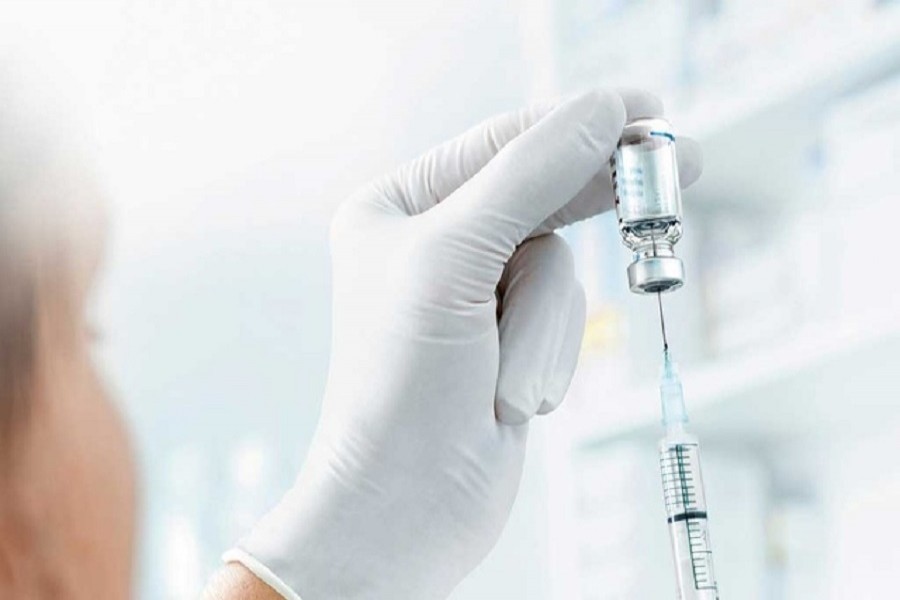Bangladesh urged the international community in UN to work unitedly to make the Covid-19 vaccines available to the most needed countries in an equitable and affordable manner, a foreign office spokesman said on Thursday.
Highlighting the need for the Covid-19 vaccines to be made available, affordable and distributed equitably to all countries that need those most, Ambassador Rabab Fatima, the permanent representative of Bangladesh to the UN in New York, said a fair equity principle is needed to ensure this.
She was speaking at a virtual conversation on Wednesday (NY time) co-hosted by Lord Tariq Ahmad, United Kingdom Minister of State for the Commonwealth and the United Nations, and Ambassador Elizabeth Cousens, President & CEO, United Nations Foundation.
The meeting titled, ‘Towards and equitable framework for the research, development and delivery of Covid-19 vaccines’ was briefed by Kate O’Brien, Director, Immunization, Vaccines, and Biologicals, WHO and Marie-AngeSaraka-Yao, Managing Director,Gavi, the Vaccine Alliance on the approaches towards universal access to potential Covid-19 vaccines.
Asserting that the Covid-19 pandemic is a stark reminder that the world is interconnected, Ambassador Fatima mentioned, the international community has a stake in addressing this global public health challenge together.
She said, “If we want to prevent a recurrence, we need to prepare, prevent and recover together, with an effective global outreach”.
Emphasising the importance of vaccines in the pandemic response and future prevention, and as a way to hasten economic recovery, she acknowledged the great job done so far by the Oxford’s Jenner Institute team led by Prof Sarah Gilbert.
She also expressed hope that the third phase of the vaccine trial which is due to start next month will be successful in developing an effective and safe vaccine.
Highlighting the presence of a well-developed pharmaceutical industry in Bangladesh, Ambassador Fatima mentioned that after meeting domestic demands, these companies are exporting medicines to 145 countries including the regulated markets of the USA, EU, UK, Singapore and other OECD countries.
Underling their strength and capacity in producing vaccines, which is double the current demand, Ambassador Fatima said Bangladeshi pharma companies will be able to produce Covid-19 vaccines for global distribution if Intellectual Property rights are waived and necessary technology is shared.
The speakers stressed that these are a first but essential step towards achieving the SDGs and helping the world “build back better.”
They also said that WHO and Gavi will start working to find out modalities for procurement and incentivising differential market access for high-, low- and middle-income countries.
A total of 2.0 billion doses of vaccines are estimated to be needed globally by the end of 2021, the meeting was told.
In his concluding speech, Lord Ahmad, United Kingdom Minister of State for the Commonwealth and the United Nations reiterated the commitment of the British government to the equitable distribution of vaccines and treatment of Covid-19 for the global people, and in particular, for the people of South Asia region.
He further mentioned that his government has already authorised 760 million British Pounds in funding for Covid-19 initiatives.
A large number of Permanent Representatives to the United Nations, diplomats, representatives of various international organisations, private sector and civil society organisations attended the meeting.


